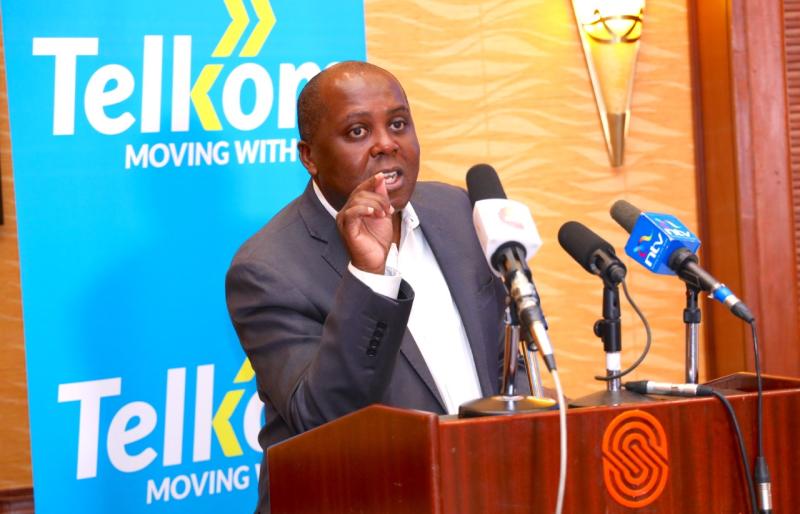×
The Standard e-Paper
Join Thousands Daily

Following the collapse of merger talks with Airtel, Telkom Kenya unveiled a new strategy looking to grow its market share and reverse years of losses.
In the strategy, the State-owned telecommunications firm is betting big on digital infrastructure and platforms while divesting from voice and SMS that have been a staple for the industry.